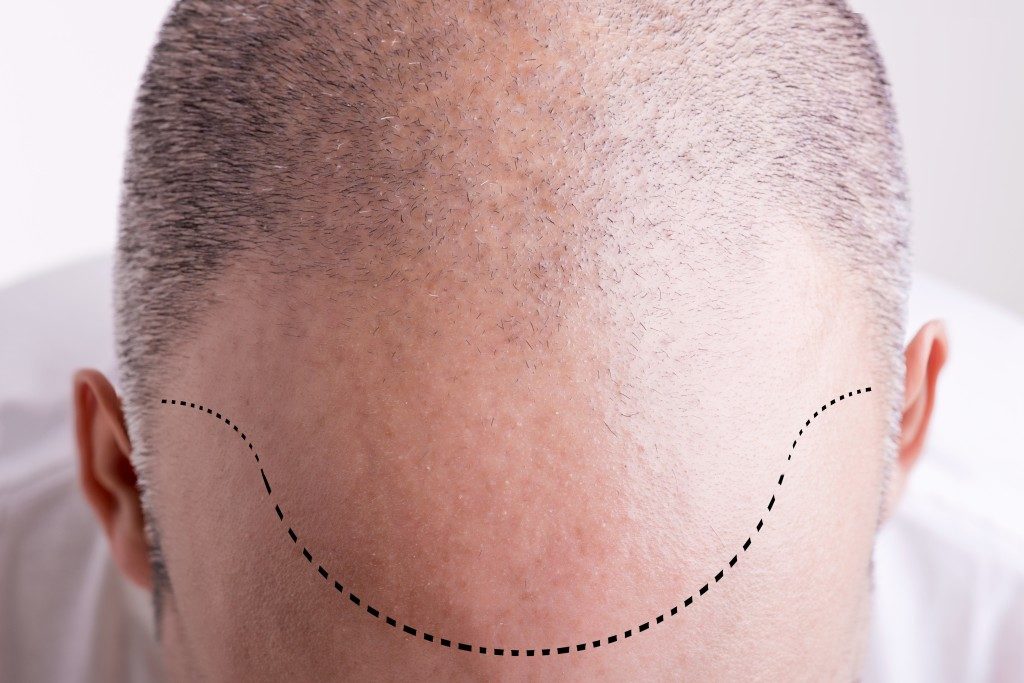- Ignoring health issues can have serious long-term consequences, including chronic diseases and mental health problems.
- Sleep deprivation can lead to physical and mental health problems, but establishing a regular sleep schedule and avoiding caffeine and alcohol can improve sleep.
- A missing tooth can have profound health implications, including bone loss, digestive problems, and nutritional deficiencies.
- Regular checkups with healthcare professionals, including blood tests, cancer screenings, eye exams, and dental checkups, are essential for detecting and managing potential health issues.
In today’s fast-paced world, it’s easy to forget the importance of caring for our health. Whether due to a busy schedule or lack of awareness, ignoring potential health issues can have serious long-term consequences. In fact, according to a report by the World Health Organization, chronic diseases such as heart disease, stroke, cancer, and diabetes account for 63% of all deaths worldwide.
But you need to be aware of the risk of chronic diseases. Mental health issues also require attention, significantly impacting your overall well-being. Depression, anxiety, and stress are just a few examples of mental health problems that can go unnoticed and untreated without proper attention.
Unfortunately, many health issues go unchecked. Since they do not provide immediate consequences, people are prone to ignore them. Here are a few examples to remember.
Sleep Deprivation

One of the potential health issues that people often ignore is sleep deprivation. The consequences of not getting enough sleep can be severe and impact both physical and mental health. Chronic sleep deprivation has been linked to various health problems like heart disease, obesity, diabetes, and cancer.
Lack of sleep affects the body’s ability to regulate hormones such as insulin, which can lead to higher blood sugar levels and an increased risk of insulin resistance. It can also contribute to inflammation, a known risk factor for several chronic health conditions.
Mental health is also impacted by sleep deprivation. Studies have shown that lack of sleep can lead to cognitive impairment, decreased productivity, and increased risk of developing depression and anxiety.
Fortunately, it is possible to reverse sleep deprivation and improve sleep quality. One of the most effective ways is to establish a regular sleep schedule, going to bed and waking up at the same time each day, even on weekends. Avoiding caffeine and alcohol, especially before bedtime, can also help promote better sleep. Creating a relaxing bedtime routine, such as taking a warm bath or reading a book, can signal to the body that it is time to wind down and prepare for sleep.
Missing Tooth

Another health issue that often goes ignored is a missing tooth. While it may seem a cosmetic concern, a missing tooth can have profound health implications. When a tooth is missing, a gap in the jawbone can lead to bone loss over time. This can weaken the surrounding teeth, making them more prone to decay, eventually leading to further tooth loss.
Not only does a missing tooth impact dental health, but it can also impact overall physical health. Chewing becomes more complex, leading to digestive problems and nutritional deficiencies. Speech may also be affected, affecting social interactions and self-confidence.
Fortunately, there are affordable dental implant services available to replace missing teeth. Dental implants are a long-lasting and effective solution for restoring dental and overall health. They are designed to mimic the natural root of a tooth, which stimulates the jawbone and prevents bone loss. In addition, dental implants improve chewing function and speech, leading to a higher quality of life.
Regular Checkup Findings
Regular checkups with healthcare professionals are essential in maintaining good health and preventing potential health issues. A checkup allows you to identify and address any health concerns before they become severe and can help manage chronic health conditions. Here are a few examples of how a regular checkup can help you find potential health issues:
Blood Tests
Blood tests are a routine part of a regular checkup and can help detect various health issues. These tests can identify high cholesterol, which can lead to heart disease or high blood sugar levels, indicating a risk for diabetes. Blood tests can also help detect thyroid problems, liver disease, and kidney disease, among other conditions. Regular blood tests are essential for detecting and managing potential health issues.
Cancer Screenings
Cancer screenings are an essential part of a regular checkup and can help detect cancer at an early stage when it is most treatable. Women should get regular screenings for breast and cervical cancer, and men should get screened for prostate cancer. Colonoscopies can help detect colon cancer in both men and women. Screening tests can also help see skin, lungs, and other types of cancer. Early detection can significantly increase the chances of successful treatment.
Eye Exams
Eye exams can detect a wide range of eye problems, including cataracts, glaucoma, and macular degeneration. These exams can also see other health issues, including high blood pressure and diabetes, which can impact eye health. Early detection and treatment of eye problems can help prevent vision loss and maintain overall health.
Dental Checkups
Dental checkups are essential to overall health, as they can detect potential oral health issues. Oral health issues like gum disease and tooth decay can lead to more severe health issues, including heart disease and stroke. During a dental checkup, your dentist can detect and treat any potential oral health issues before they become more serious.
Final Thoughts
It’s easy to forget about potential health issues in our busy lives. However, getting regular checkups and screenings can help detect potential problems early on and prevent them from becoming more serious. By being aware of any potential health issues and addressing them promptly, you can improve your overall well-being and reduce your risk of developing chronic illnesses.







